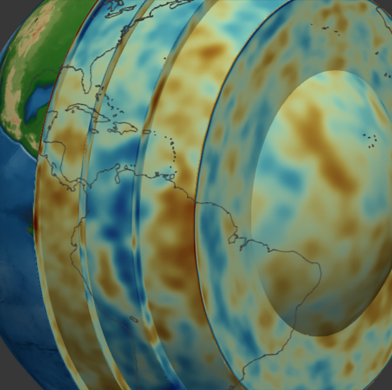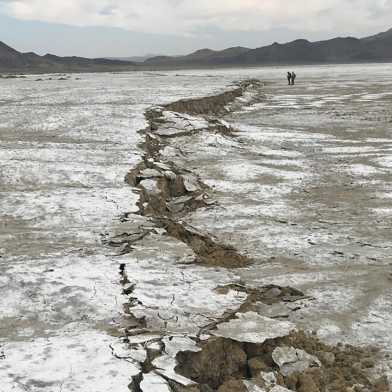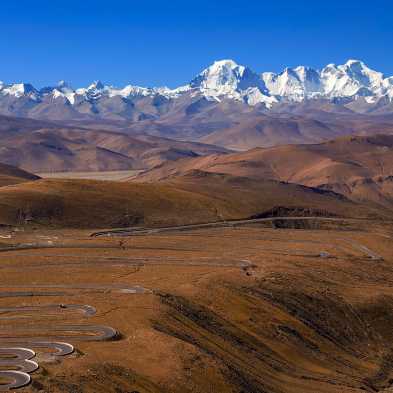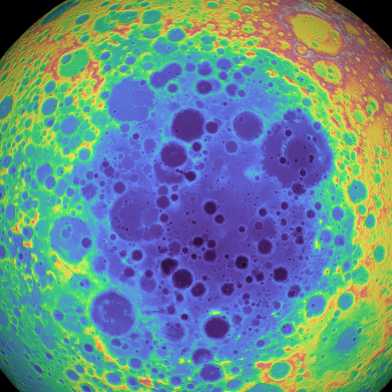2024
From earthquakes to diamonds: REVEAL uncovers Earth’s hidden depths

A new model, developed by the Seismology and Wave Physics research group with resources from the CSCS Swiss National Supercomputing Centre, reveals the Earth’s inner layers in never-before-seen detail. Named REVEAL, it helps identify earthquake impacts, trace the life cycle of the Earth’s tectonic plates, and even the search for diamonds.
Master's degree graduation ceremony 2024

On Friday, 29 November 2024, the Department of Earth and Planetary Sciences celebrated this year's Master's degree graduation ceremony. Congratulations to our successful graduates!
ETH Zurich awards honorary doctorate to Susan Trumbore

The Department of Earth and Planetary Sciences has nominated the Director of the Max Planck Institute for Biogeochemistry, Susan Trumbore, for an honorary doctorate from ETH Zurich. She received the award on the occasion of this year's ETH Day on 16 November 2024.
Excellence Scholarship and Opportunity Programme (ESOP)

Valentina Espitia Mendoza – Master's student in the Structural Geology and Tectonics group – received an ESOP scholarship.
Water-rich magmas are crucial for forming copper deposits

"Super-wet" magmas play a critical role in forming large deposits of copper, a metal vital for modern technologies and society's shift to green energy.
Congratulations to the Judith McKenzie fellows!

We are excited to introduce four exceptional early-career researchers, each awarded with the Judith McKenzie Visiting Early Career Researcher Fellowship following the 2024 call of proposals. These scholars are working on diverse projects in geoscience, further enriching our research environment.
Operational earthquake forecasting – What is it and how is it done?

While earthquakes cannot be deterministically predicted, operational earthquake forecasting systems can provide valuable insights into the likelihood of future quakes.
New insights into the formation of the Tibetan Plateau

The Tibetan Plateau, known as the "Roof of the World", spans 2.5 million square kilometers with an average elevation over 4000 meters. A new study in Nature Geoscience suggests that mantle delamination of the overriding plate may explain the mysterious formation of this vast region.
Zircon crystals serve as timestamps for impact events on the Moon

Researchers have precisely dated zircon crystals from the Moon and found that most of the analysed crystals are around 4.338 billion years old. They bear witness to a huge impact at the South Pole of the Moon and shed new light on the early phase of our solar system.